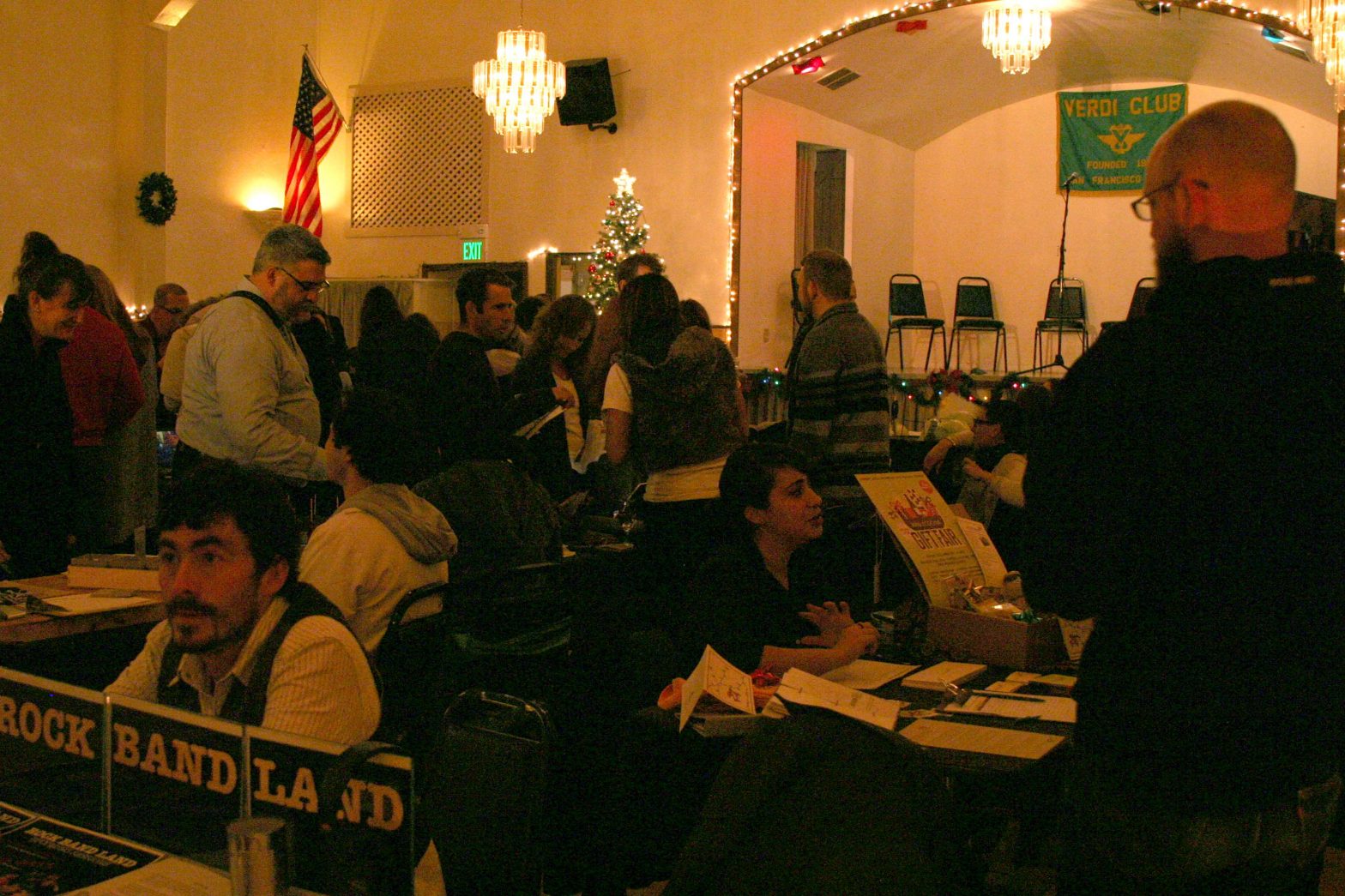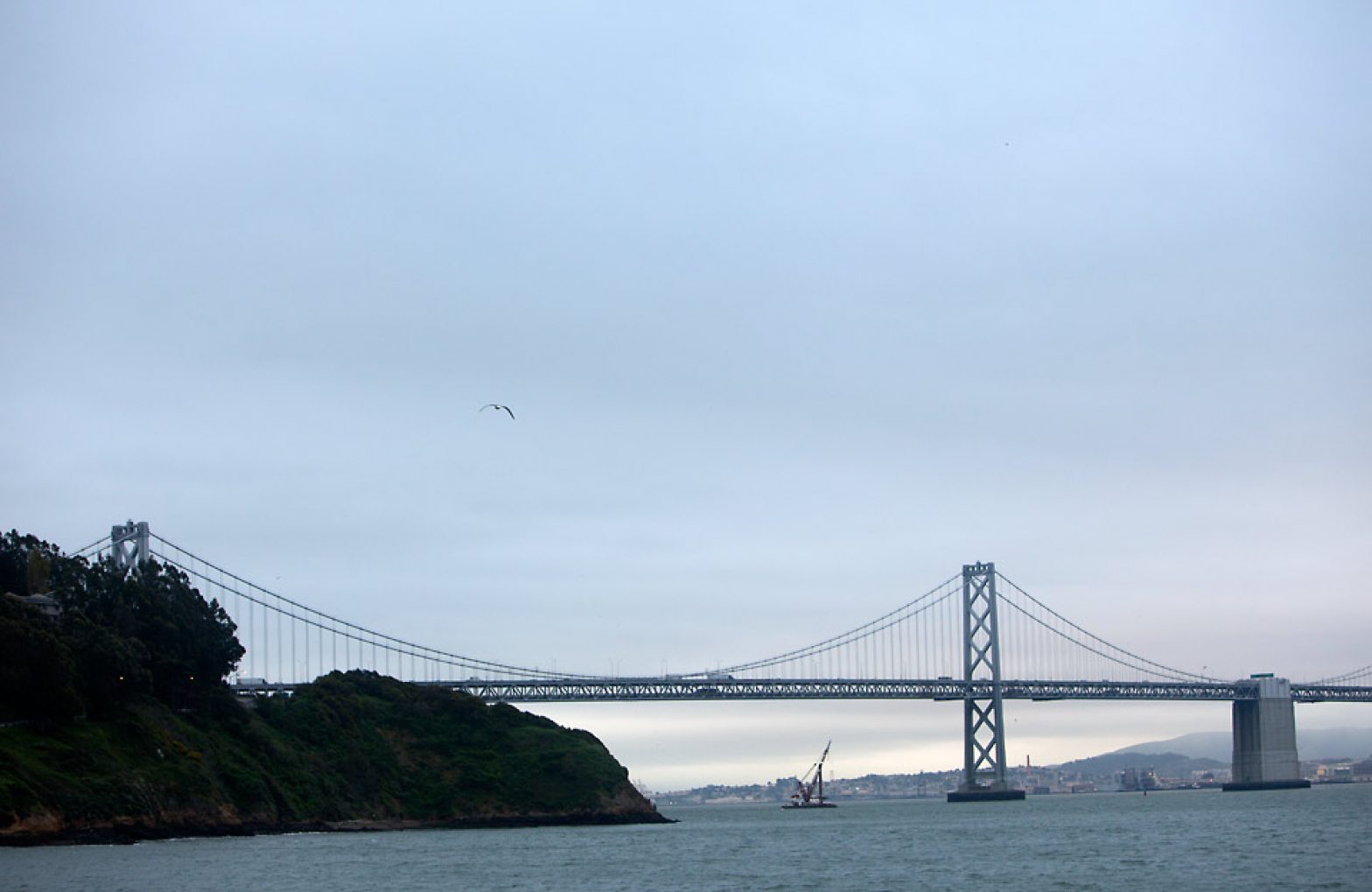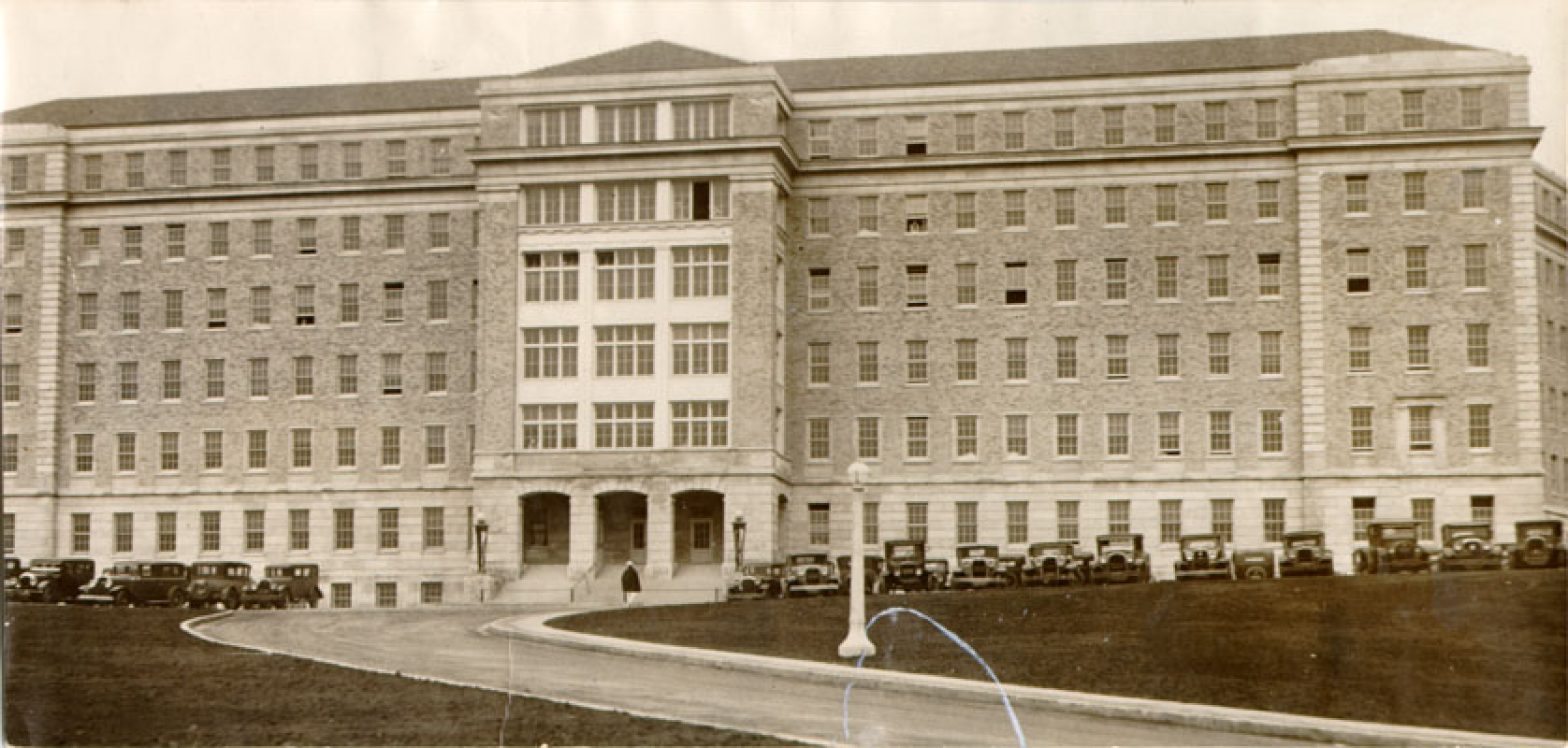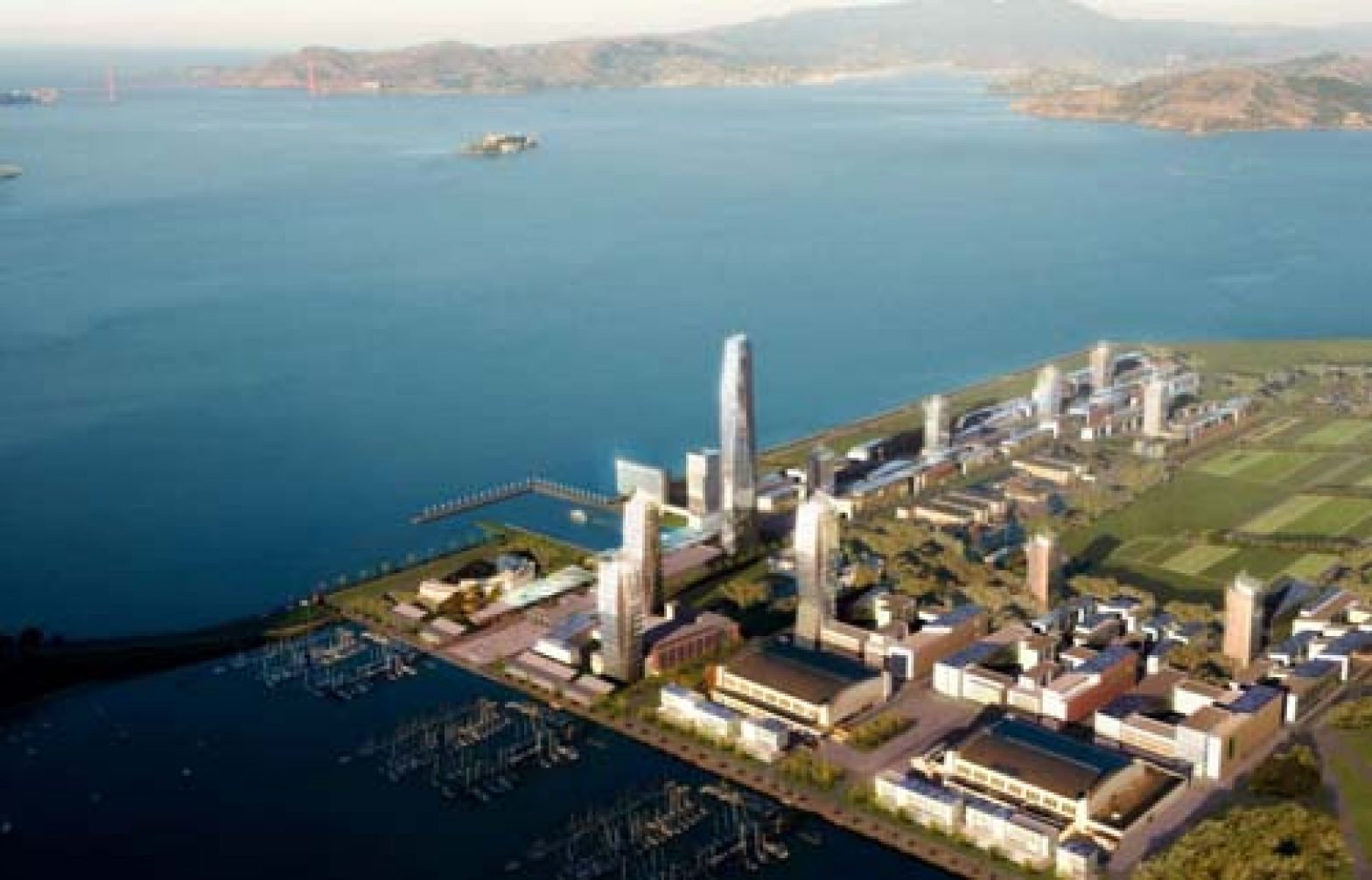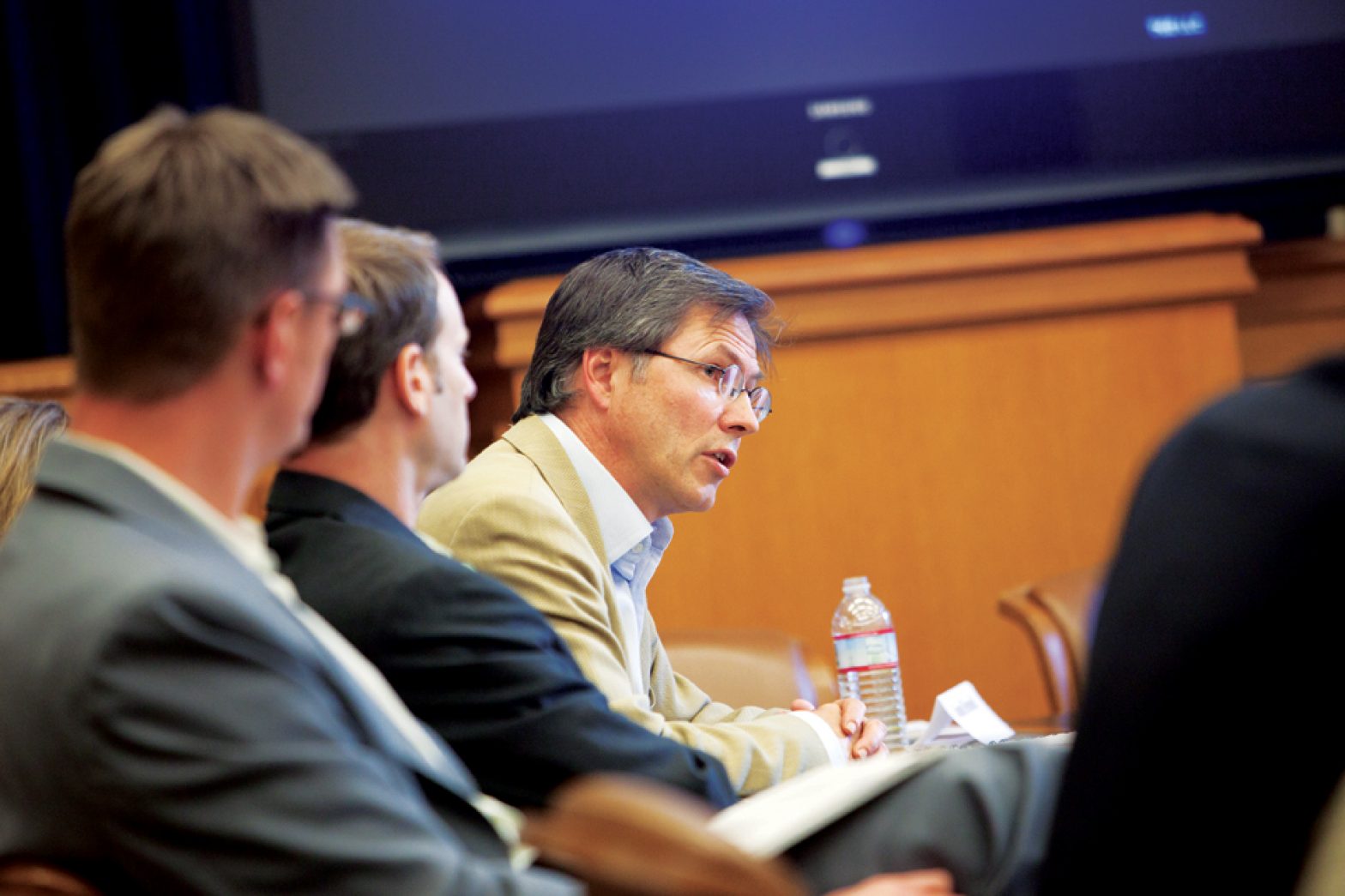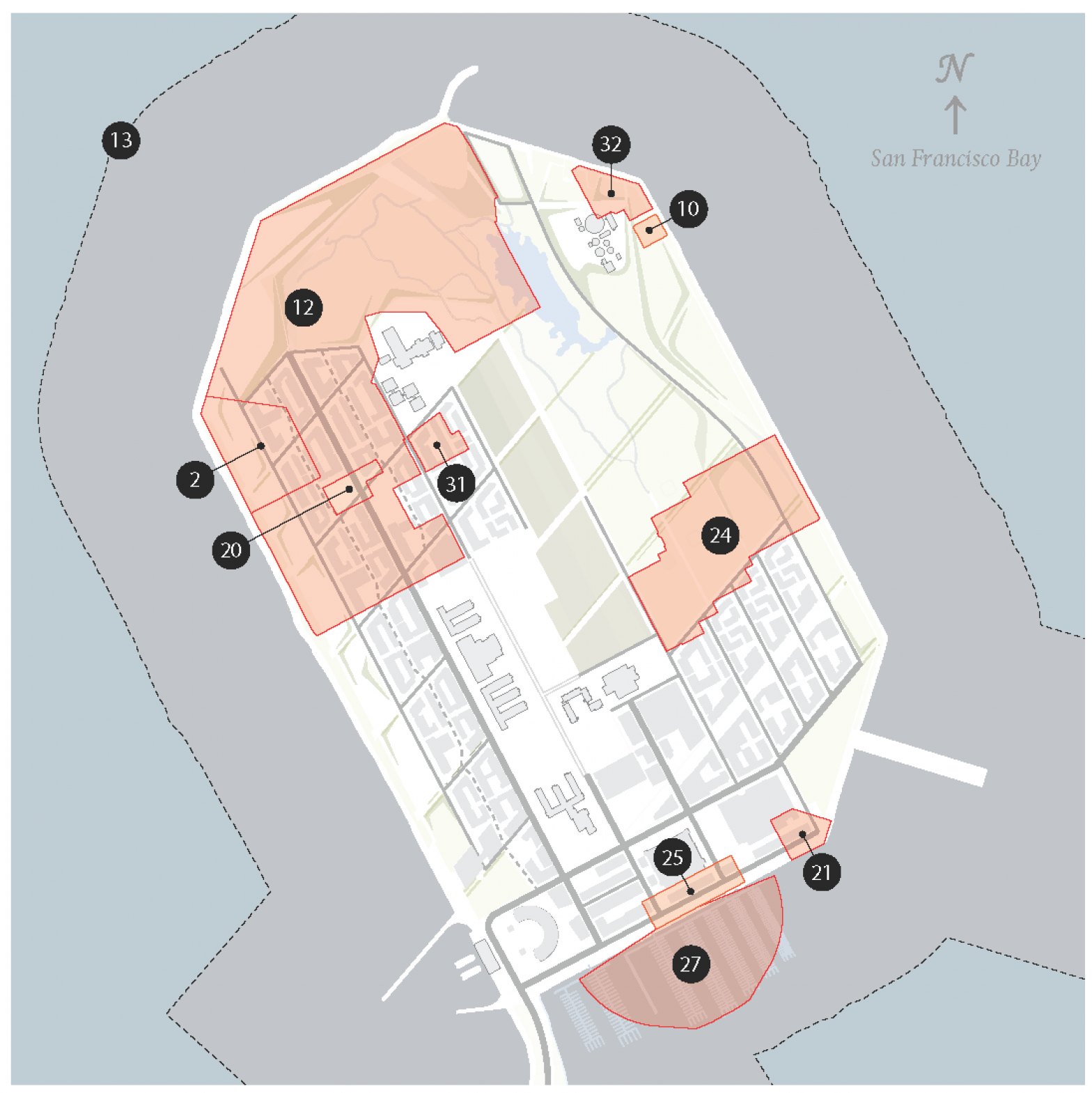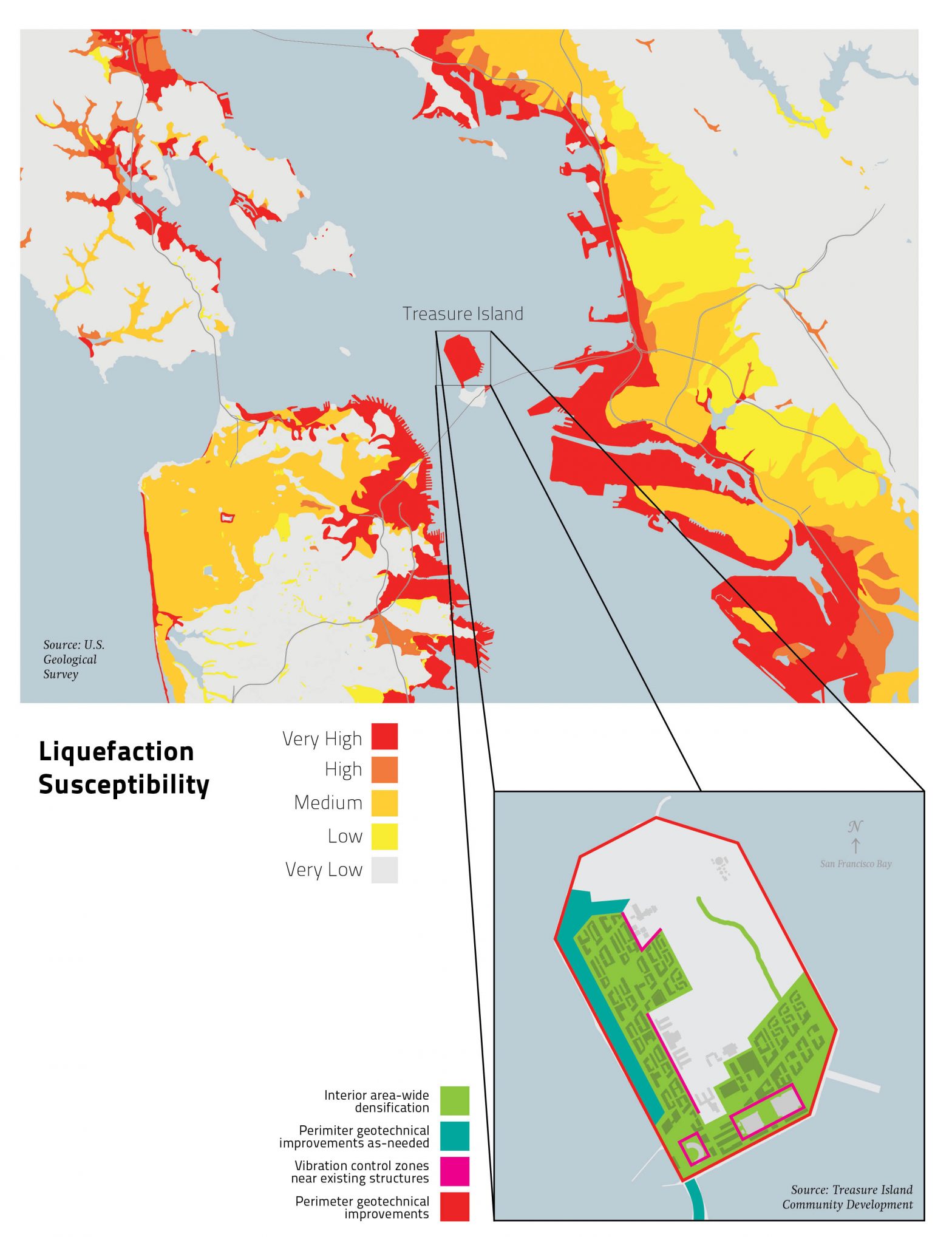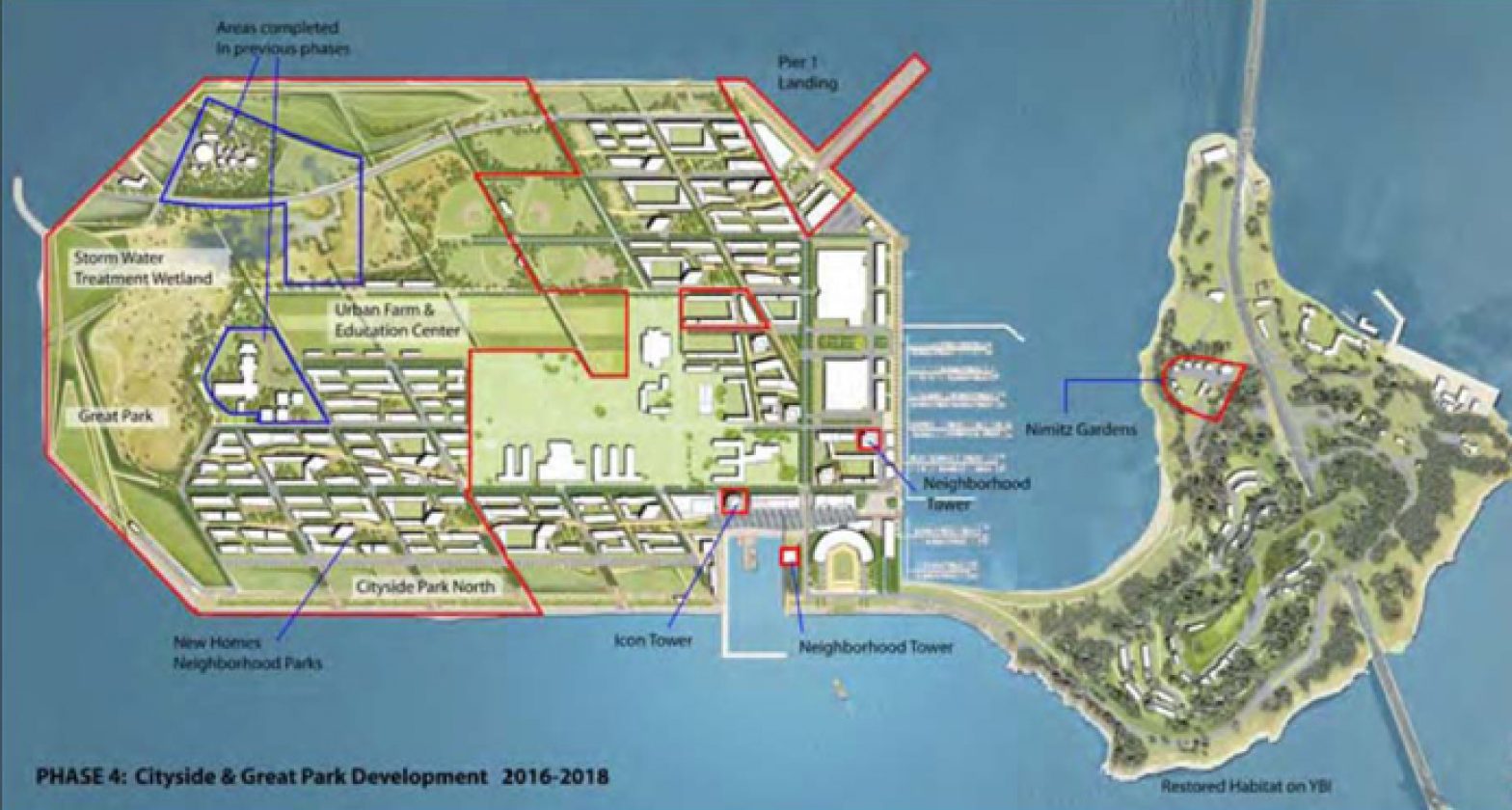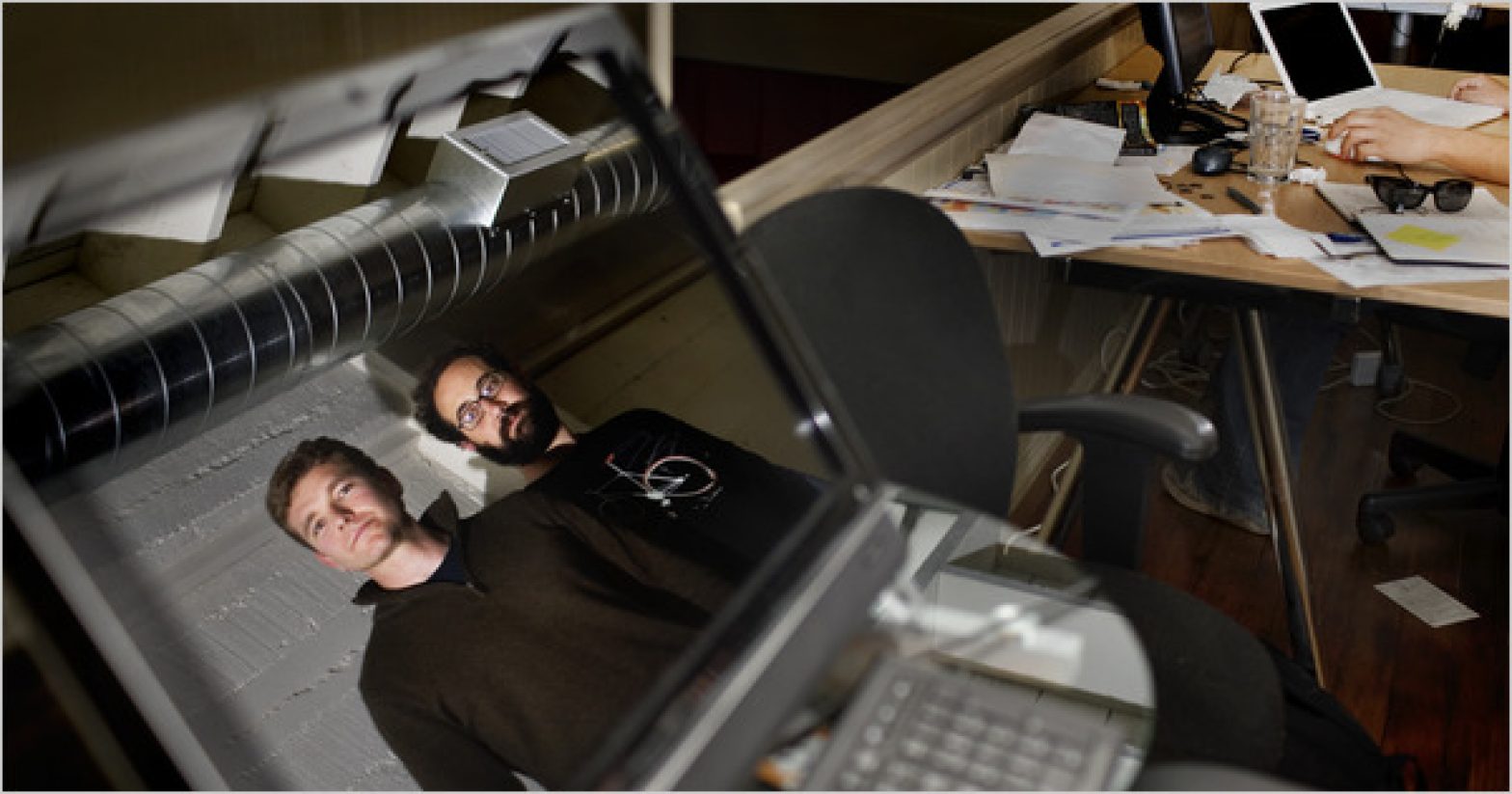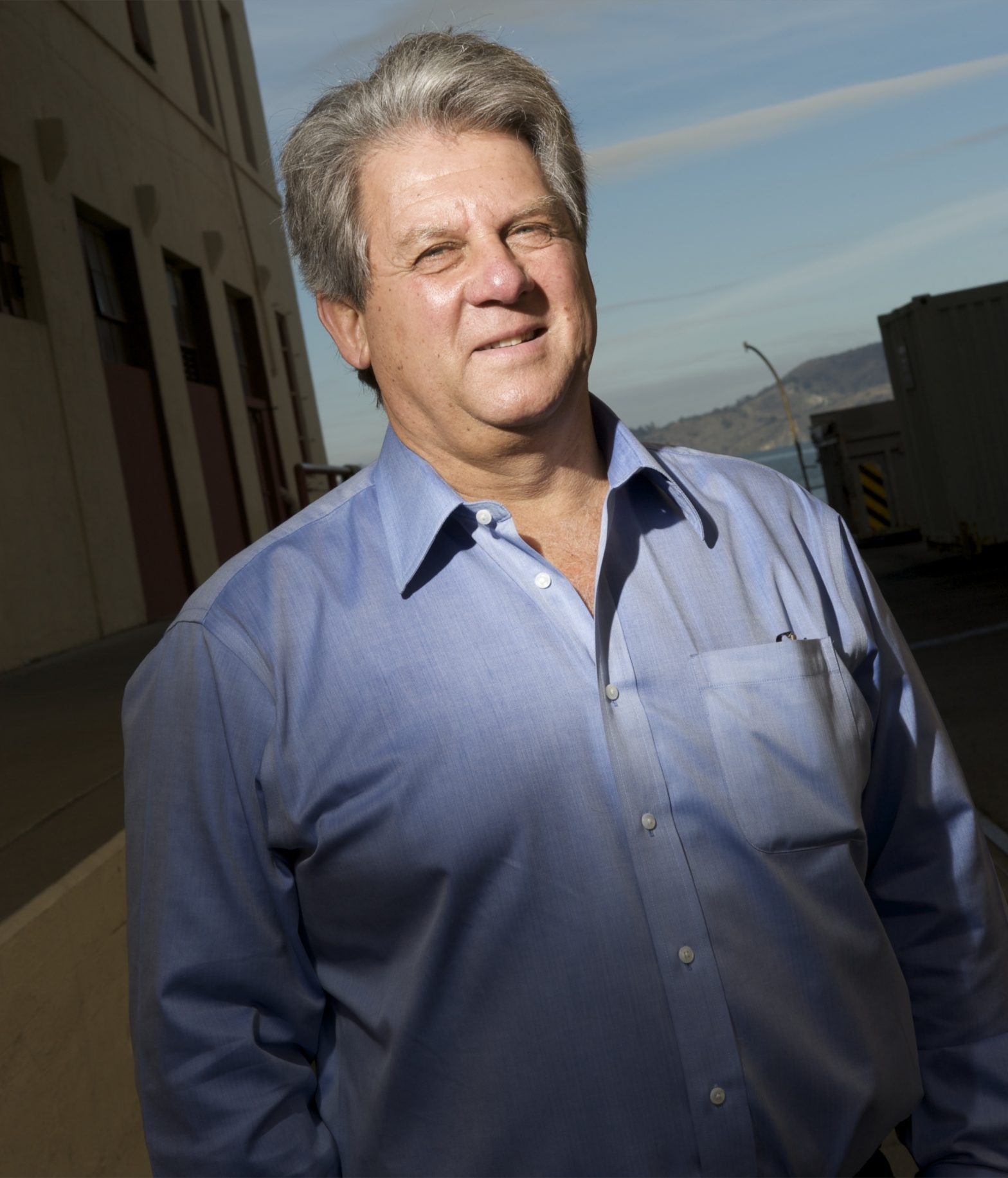News
Experiencing holiday gifts in a whole new way
Gretchen Wustrack’s family asked her for a Christmas list. But like many people, she found herself thinking,”I didn’t know what I wanted. I have enough stuff, and so do they.”
Rather than come up with a handful of half-hearted suggestions, Wustrack, a San Francisco designer, asked her family if they would consider exchanging experiential gifts – classes, tickets or certificates for new, hands-on experiences.
The Wustrack family has been trading experiences ever since, and this summer Gretchen and her long-time friend Lisa Carey, a Bay Area native and marketing consultant, decided to take experiential gifts to the public.
